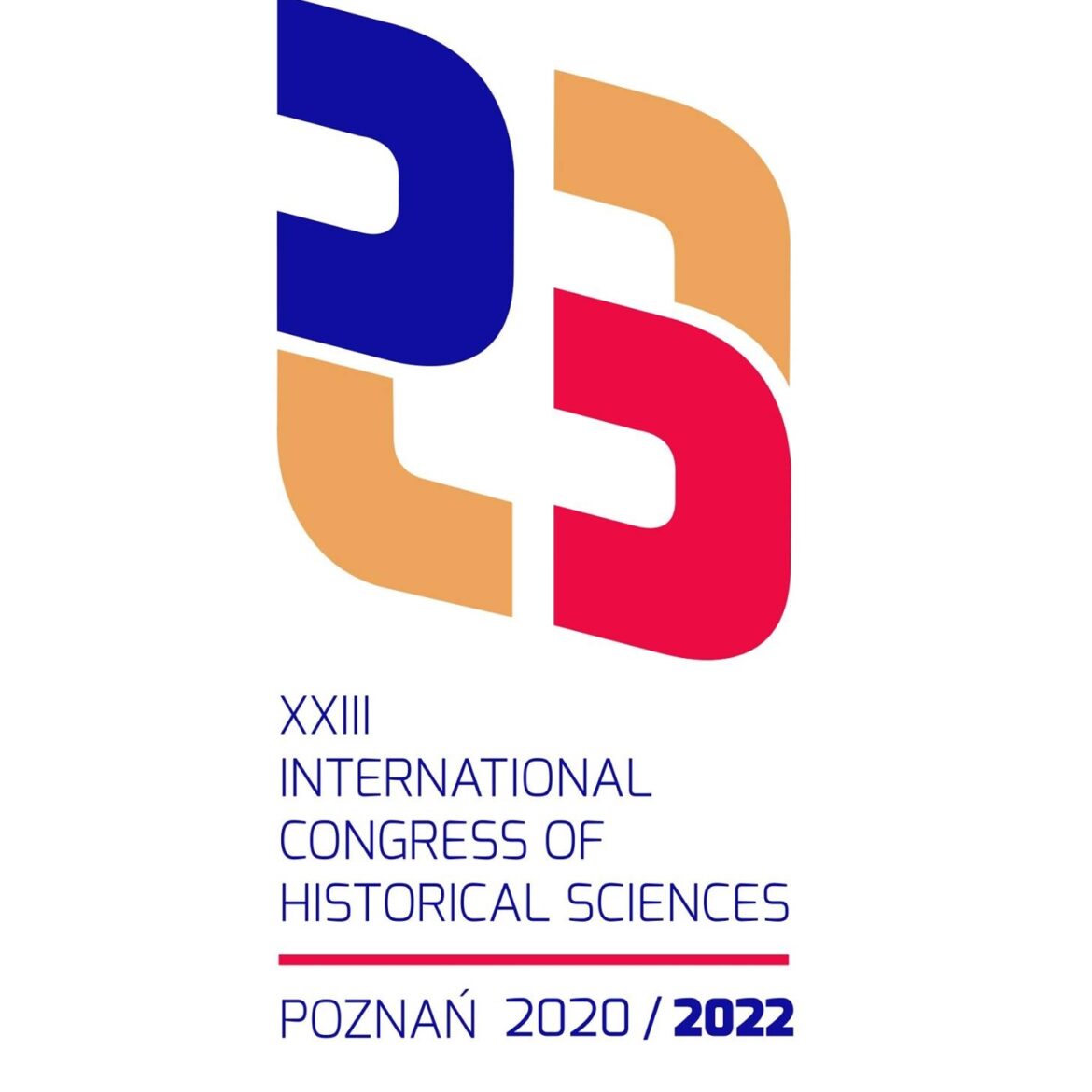From 21 to 27 August 2022, the XXIII International Congress of Historical Sciences will take place in Poznań. The event was originally scheduled to take place in 2020, but the date of the Congress was changed due to the pandemic. In the past, the congress has been held in Poland only once, in 1933 in Warsaw.
Since 1900, historians from all over the world have been organising their congresses to discuss the most pressing topics, present the results of their research and foster a network of international cooperation.
In 1926, they established the International Committee of Historical Sciences (ICHS) as a non-governmental organisation made up of national committees representing member countries and specialised committees dealing with specific areas of research. The Committee’s main objective is to promote the historical sciences through international cooperation. The Committee is entrusted with organising successive congresses every five years, in cooperation with historians from the host country.
The ICHS General Assembly held in 2015 in Jinan (China) decided that the XXIII International Congress of Historical Sciences would be held in Poznań. Co-organisers of the event include the Adam Mickiewicz University in Poznan and the Committee of Historical Sciences of the Polish Academy of Sciences.
This year’s Congress will include several dozen different panels. The most important events will be the so-called Major Themes. In addition, a dozen so-called Joint Sessions, some 20 Round Tables and dozens of specialised sessions devoted to various issues from antiquity to the present day are planned. Also, there will be three evening sessions. One and a half days are set aside for thematic panels organised by specialist committees affiliated with ICHS.
During the Congress in Poznań, the so-called Research Forum will be held for the first time. This is a new initiative of the ICHS Board. The main objective of the Forum is to give research institutions the opportunity to present their ongoing or planned projects to established scholars and emerging researchers.
Adrian Andrzejewski





